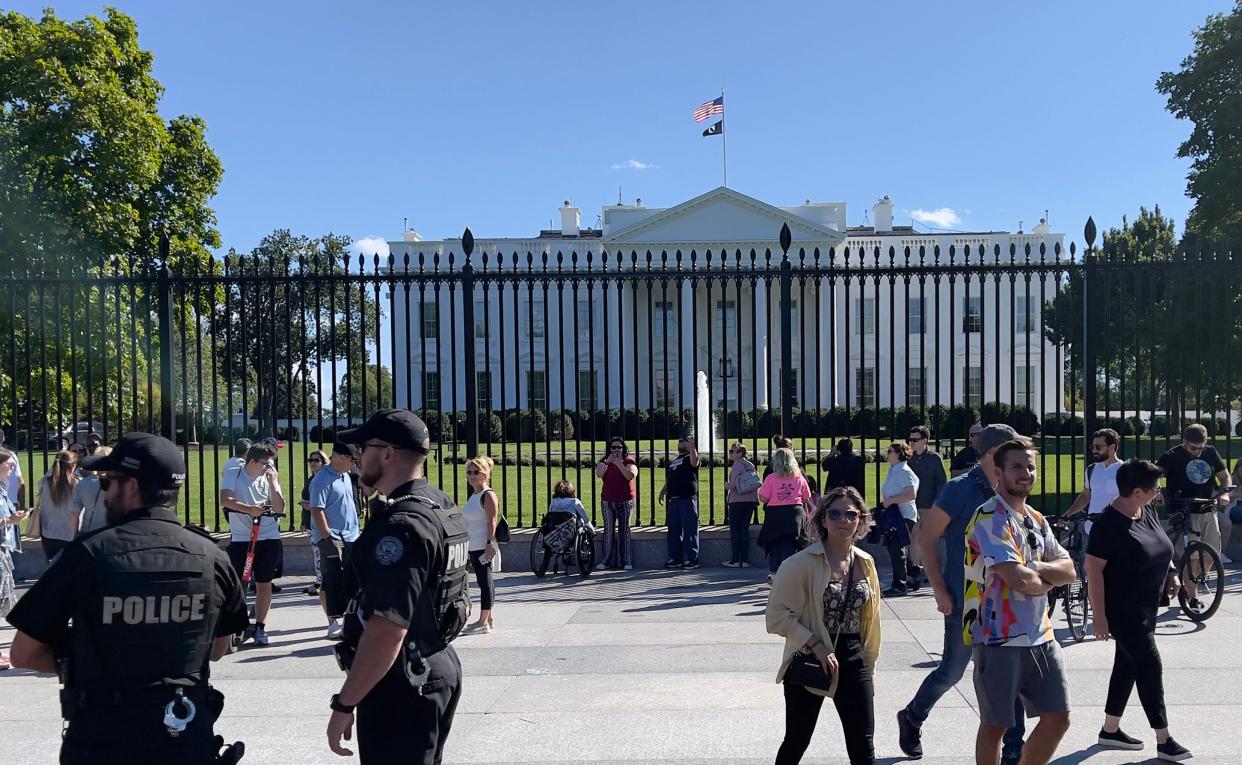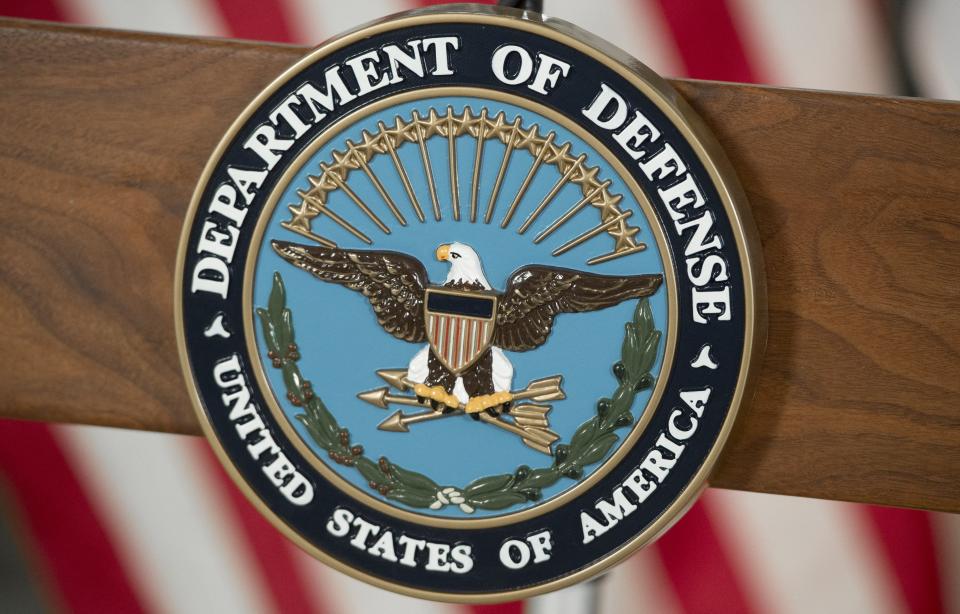Trump-era White House Medical Unit improperly dispensed drugs, misused funds, report says

The White House Medical Unit improperly distributed prescription and non-prescription drugs during the Trump administration, according to a report published earlier this month.
The White House Medical Unit had "severe and systemic problems" with its pharmacy operations, according to the report from the U.S. Department of Defense's Office of Inspector General.
The unit stored and dispensed controlled substances without sufficient record-keeping and occasionally to staff who were legally ineligible to receive them, according to the report. The unit, which is comprised of multiple clinics in the D.C. area and overseen by the Defense Department, also misused department funds by dispensing brand-name drugs instead of generic equivalents.
By doing so, employees raised "the risk for the diversion of controlled substances," the report added.
"Without oversight from qualified pharmacy staff, the White House Medical Unit’s pharmaceutical managementpractices may have been subject to prescribing errors and inadequate medication management, increasing therisk to the health and safety of patients treated within the unit," the report says.
Other alleged issues include breaking federal regulations that require records for Schedule II drugs to be separated from other medications, the report found. Instead, records for the Schedule II drugs like fentanyl, morphine, hydrocodone and oxycodone were held in the same inventory as any other medication.

Jennifer Crumbley: Michigan mom on trial in son's school shooting sobs at 'horrific' footage
No pharmacist on staff to oversee mishandlings
Much of the mishandled medication and records occurred because officials did not consider their operations to be a pharmacy, the report concluded. Medications were kept and dispensed behind a door that read "pharmacy," and pill bottles with the unit's logo contained the medications.
The report added that there was no pharmacist on the staff of the medical unit. Staff testified that the unit had requested to bring on a pharmacist technician but said the request had never been filed at the time of the investigation.
The inadequate dispensing of medications could be explained by the lack of oversight over the pharmacy. Interviewed staffers were unable to explain which division was in charge of the medical unit, the report added.
Unit only provided medication history from Trump's presidency
In order to list all medications ordered by the White House Medical Unit, investigators requested data from the unit, the Walter Reed National Military Medical Center and the National Capital Region Medical Directorate.
In 2019, investigators requested data from the medical unit from the previous five years but only received data from 2017 to 2019 because the medical unit said they only maintain records for two years
Investigators also only received data from 2017 to 2019 from the Walter Reed National Military Medical Center and data from 2018 to 2020 from the National Capital Region Medical Directorate due to similar policies.
The multiyear investigation included the interviews of more than 120 officials from hospital administrators, military medical providers and pharmacists. Investigators also evaluated transcripts from former White House Military Office employees between 2009 and 2018.
"We found that the White House Medical Unit maintained historical patient eligibility practices that did not follow DoD guidelines," the report says. "One former White House Medical Unit medical provider stated thatthe unit worked "in the gray ... helping anybody who needs help to get this mission done."
Investigation prompted by complaints of senior official

The investigation was prompted in May 2018 by complaints about Republican Rep. Ronny Jackson, who currently represents Texas's 13th congressional district. He served as the White House physician under former presidents Barack Obama and Donald Trump. The congressman, who was not named in the report, worked as director of the White House Medical Unit from 2010 to 2014.
USA TODAY has reached out to Jackson for comment.
In March 2018, Jackson withdrew from his role as physician to the president when Trump nominated him to lead the Department of Veterans Affairs. However, he later withdrew consideration for that position after the Senate Committee on Veterans’ Affairs interviewed his current and former colleagues, some of whom alleged that Jackson led a hostile work environment that mishandled medication prescriptions.
In February 2019, he became the chief medical adviser to Trump.
This article originally appeared on USA TODAY: Report: Trump-era White House Medical Unit improperly dispensed drugs
